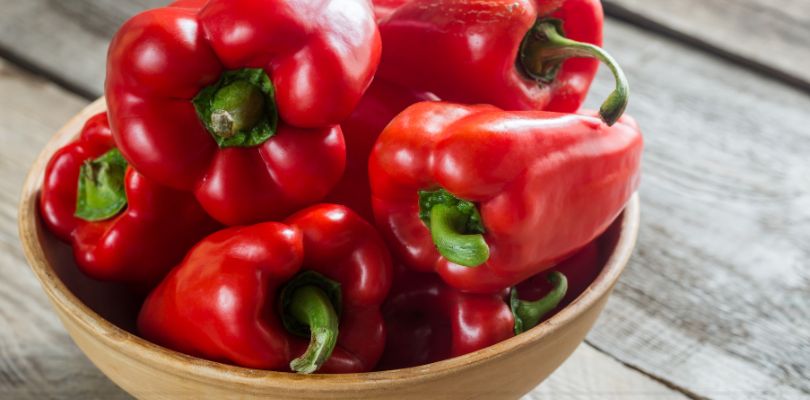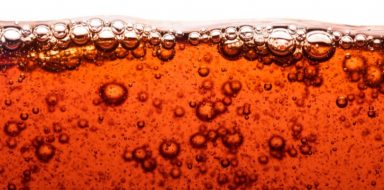Nourish Your Kidneys
If you have kidney disease, it’s important to eat the right foods to help your kidneys work better. Choosing foods that are easy on your kidneys can make a big difference. To help, there's Filspari (sparsentan), a prescription medication used to treat a rare kidney condition called IgA nephropathy (IgAN). It works by blocking two receptors (endothelin and angiotensin) involved in causing high blood pressure and kidney damage.
8 Foods to Eat If You Have Kidney Disease
1. Red Bell Peppers
Red bell peppers are low in potassium, which is important for people with kidney disease. They are also packed with vitamins, like vitamin C, which helps your body stay healthy.
2. Cauliflower
Cauliflower is a great choice because it’s low in potassium and phosphorus. It also has fiber, which helps with digestion, and nutrients that can protect your kidneys.
Did you know there are certain drinks to avoid with COPD? Keep reading to learn more, and improve your diet today.
3. Blueberries
Blueberries are full of antioxidants and vitamins that are great for your kidneys. They are also low in potassium, making them a safe and tasty fruit option.
4. Garlic
Garlic can add flavor to your meals without adding too much salt. Too much salt is bad for your kidneys, so using garlic is a good way to make food tasty without harming your kidneys.
5. Egg Whites
Egg whites are a great source of high-quality protein. People with kidney disease need to watch their protein intake, and egg whites are a healthy option because they are low in phosphorus.
6. Apples
Apples are another low-potassium fruit that is safe to eat if you have kidney disease. They also have fiber and vitamins, which can support your overall health.
7. Olive Oil
Olive oil is a healthy fat that’s easy on your kidneys. It doesn’t contain phosphorus, so it’s a great choice for cooking if you have kidney disease.
8. Cabbage
Cabbage is low in potassium and rich in vitamins and minerals. It’s also a good source of fiber, which helps with digestion and overall health.
Treatments for Kidney Disease
If you have kidney disease, it’s important to manage it carefully. Here are some common treatments:
- Medications: Your doctor may prescribe medicines to control blood pressure, blood sugar and cholesterol, all of which can help protect your kidneys.
- Dialysis: For people with severe kidney disease, dialysis may be needed to filter waste from the blood when the kidneys can’t do it on their own.
- Kidney transplant: In some cases, a kidney transplant may be necessary if the kidneys stop working completely.
- Diet changes: Eating the right foods, like the ones listed above, can help keep your kidneys healthy. A dietitian can help you create a meal plan that’s good for your kidneys.
- Filspari: Filspari (sparsentan) is a prescription medication used to treat a rare kidney condition called IgA nephropathy (IgAN), also known as Berger’s disease. IgA nephropathy occurs when an antibody called immunoglobulin A (IgA) builds up in the kidneys, causing inflammation that can lead to kidney damage over time. Filspari works by blocking two receptors (endothelin and angiotensin) that are involved in causing high blood pressure and kidney damage, helping to reduce protein loss in the urine and slowing down the progression of kidney disease.
Kidney Disease Management
By eating the right foods and following your treatment plan, you can help protect your kidneys and stay healthy. Always talk to your doctor before making big changes to your diet.
Read on to learn about the worst foods for low blood sugar.







